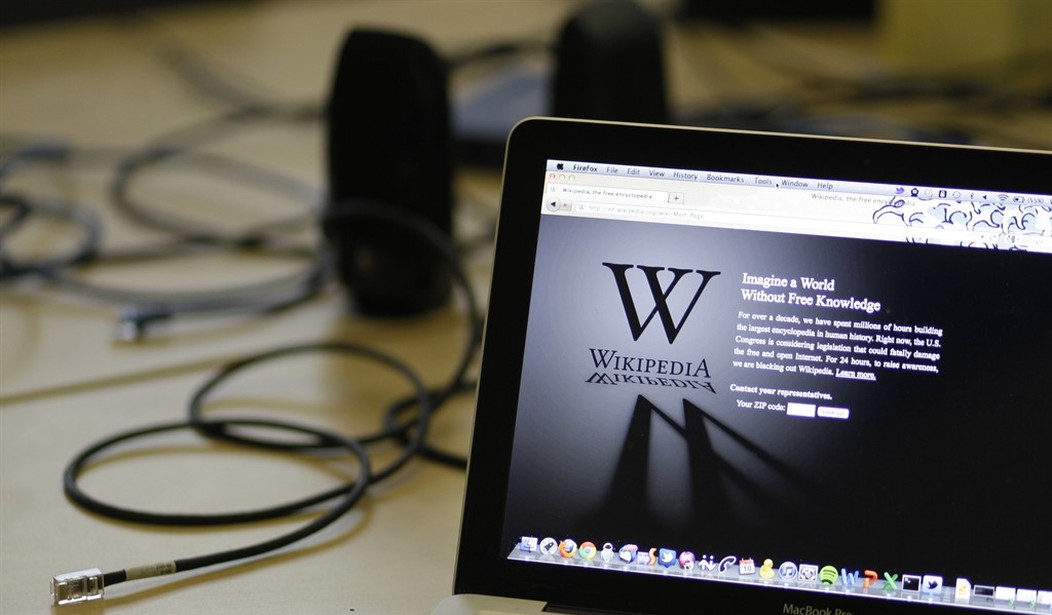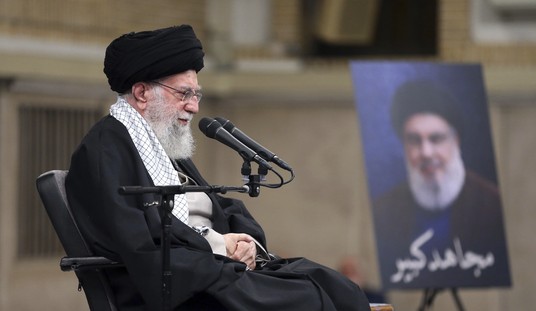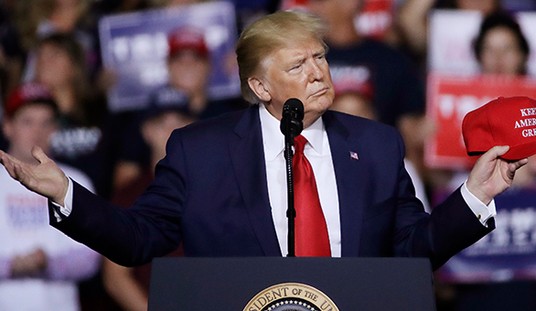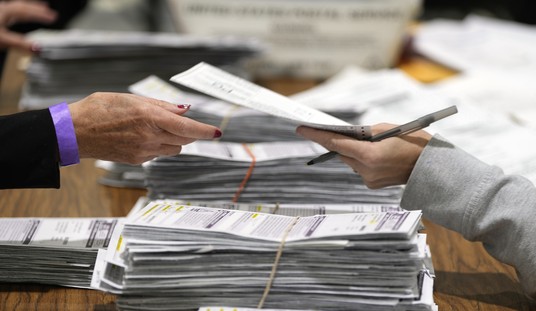In today's digital age, disinformation has become a pervasive tool used by authoritarian regimes to manipulate public opinion and control the narrative.
Iran, with its state-controlled media and extensive propaganda machinery, is no exception.
However, there is a lesser-known tactic employed by such regimes that is equally insidious and effective: the manipulation of Wikipedia, the online encyclopedia that many consider a reliable source of information. Wikipedia, relying on a community of volunteers to edit and maintain its content, has become a prime target for spreading disinformation and state propaganda. While Wikipedia has guidelines in place to ensure neutrality and accuracy, these guidelines can be manipulated and abused by well-organized and well-financed groups that infiltrate the site.
When it comes to Iranian politics, several tactics are commonly employed to spread disinformation and censor critical information about the Islamic Republic.
After carefully reading an expert report that has conducted a comprehensive review of the edits made by users affiliated with the Iranian regime on Wikipedia over the past year, several conclusions can be drawn with ease.
Firstly, state propaganda from Iranian news articles is inserted into Wikipedia pages. These articles, serving as mouthpieces for the Iranian government, are used as sources to support claims and shape narratives. For instance, false information about the COVID-19 pandemic in Iran was added to the Wikipedia page using tasnimnews.com, a state-linked news outlet, as a source. This allows the regime to control the narrative and propagate its desired message.
Recommended
Secondly, unverified accusations are presented as factual content on Wikipedia. The Iranian government has been known to spend significant sums of money to manipulate Western journalists and portray the principal Iranian opposition group,
Mujahedin-e-Khalq, as a "cult." These efforts involve social media campaigns, dissemination of fake news, provision of grants for biased reports, and even direct hiring of reporters. By presenting unverified claims as facts, the regime seeks to discredit its main opposition and shape public opinion.
Thirdly, content critical of the Iranian government is censored on Wikipedia. Information that exposes the regime's actions or highlights its abuses is systematically removed from relevant articles. For example, in the Wikipedia article on the "Barakat Foundation," details about its connection to the powerful Iranian institution known as the Execution of Imam Khomeini's Order were deleted. This censorship ensures that the regime's plundering and embezzlement remain hidden from public view.
Moreover, reliable sources are often misinterpreted or misrepresented to fit the regime's narrative. Quotes and excerpts are taken out of context, distorting their original meaning. For instance, in the Wikipedia article on the "Mahsa Amini protests," a Guardian article was used to falsely claim that demonstrators chanted "Death to America" and "Death to Israel," when the article actually reported on pro-government rallies as a response to the protests.
Lastly, those spreading propaganda on Wikipedia use their influence within the community to avoid sanctions. By cultivating relationships with other Wikipedia volunteers, they gain support and protection when their manipulation of guidelines is called into question. This makes it difficult to hold them accountable and restrict their activities.
The problem extends beyond Iranian politics. Similar occurrences involving China, Russia, and Saudi Arabia infiltrating Wikipedia have been documented. While some action has been taken to address these issues, Wikipedia administrators, who have the power to block problematic user accounts, have been ineffective in combating these disinformation campaigns. In some cases, editors propagating propaganda have even risen to become administrators themselves, further consolidating their control over content. From 2015 to 2021, it seems that a large number of editors pushing Iranian propaganda were blocked from editing Wikipedia. However, new and more sophisticated editors have emerged to replace them, and the problem persists. Despite numerous reports against these editors, Wikipedia administrators have not effectively managed the situation, discrediting Wikipedia’s articles especially about Iran and its opposition.
Unless a robust system is developed to counter the infiltration of Wikipedia by authoritarian regimes, the platform will continue to serve as a highly effective tool for spreading disinformation. The average Wikipedia volunteer lacks the necessary resources to combat well-financed and organized attacks. It is crucial for the global community to recognize and address this issue, taking proactive measures to protect the integrity of information and preserve the neutrality of platforms like Wikipedia. Wikipedia holds immense potential as a democratizing force for knowledge and information, but it is vulnerable to exploitation. Safeguarding it from disinformation campaigns and maintaining its neutrality is essential to ensuring that it remains a reliable source for the public, free from the influence of authoritarian regimes seeking to control the narrative.

























Join the conversation as a VIP Member